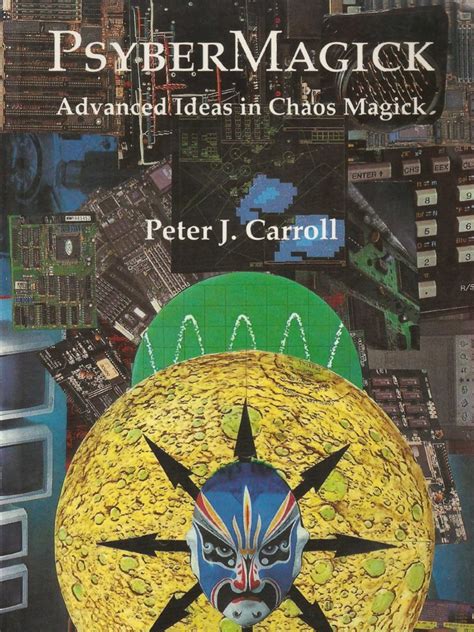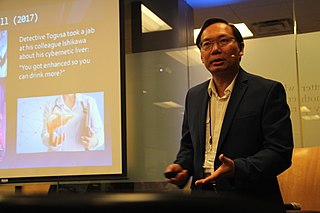A Quote by Jean Baudrillard
Information...exhausts itself in the staging of meaning...[and leads] not at all to a surfeit of innovation but to the very contrary, to total entropy
Quote Topics
Related Quotes
Television is altering the meaning of 'being informed' by creating a species of information that might properly be called disinformation. Disinformation does not mean false information. It means misleading information - misplaced, irrelevant, fragmented or superficial information - information that creates the illusion of knowing something, but which in fact leads one away from knowing.
Just as entropy is a measure of disorganization, the information carried by a set of messages is a measure of organization. In fact, it is possible to interpret the information carried by a message as essentially the negative of its entropy, and the negative logarithm of its probability. That is, the more probable the message, the less information it gives. Cliches, for example, are less illuminating than great poems.
Enforcing equality to compensate for the monstrous unfairness of nature destroys liberty.
But total liberty leads to various forms of "aristocracy" and decay.
Yet total equality leads to oppressive statism and decay.
However, equality of opportunity leads to a vibrantly chaotic and creative meritocracy.
You know, entropy is associated thermodynamically, in systems involving heat, with disorder. And in an analogous way, information is associated with disorder, which seems paradoxical. But when you think about it, a bit of information is a surprise. If you already knew what the message contained, there would be no new information in it.
Innovation is fostered by information gathered from new connections; from insights gained by journeys into other disciplines or places; from active, collegial networks and fluid, open boundaries. Innovation arises from ongoing circles of exchange, where information is not just accumulated or stored, but created. Knowledge is generated anew from connections that weren't there before.
Computers are good at swift, accurate computation and at storing great masses of information. The brain, on the other hand, is notas efficient a number cruncher and its memory is often highly fallible; a basic inexactness is built into its design. The brain's strong point is its flexibility. It is unsurpassed at making shrewd guesses and at grasping the total meaning of information presented to it.





































